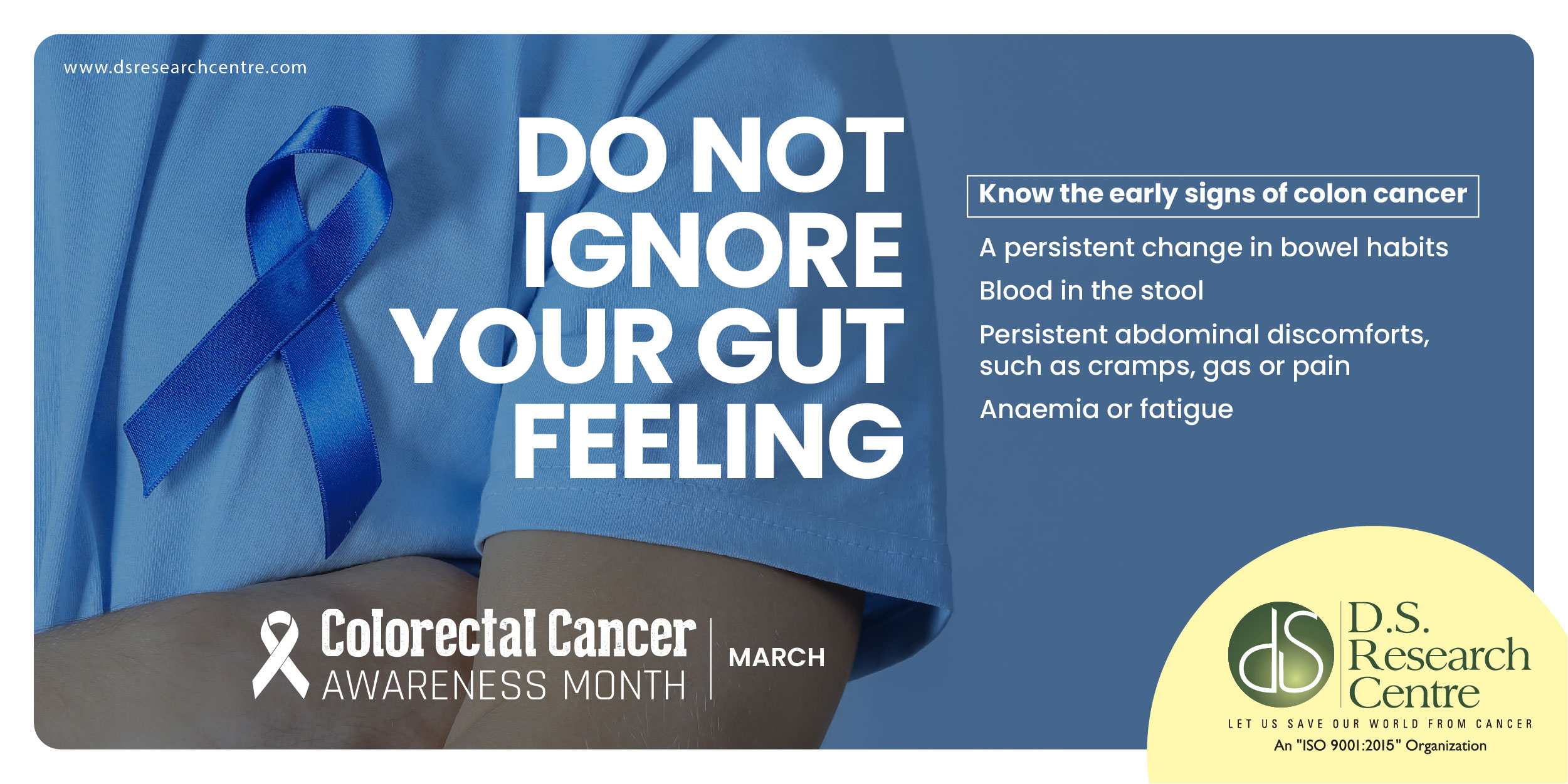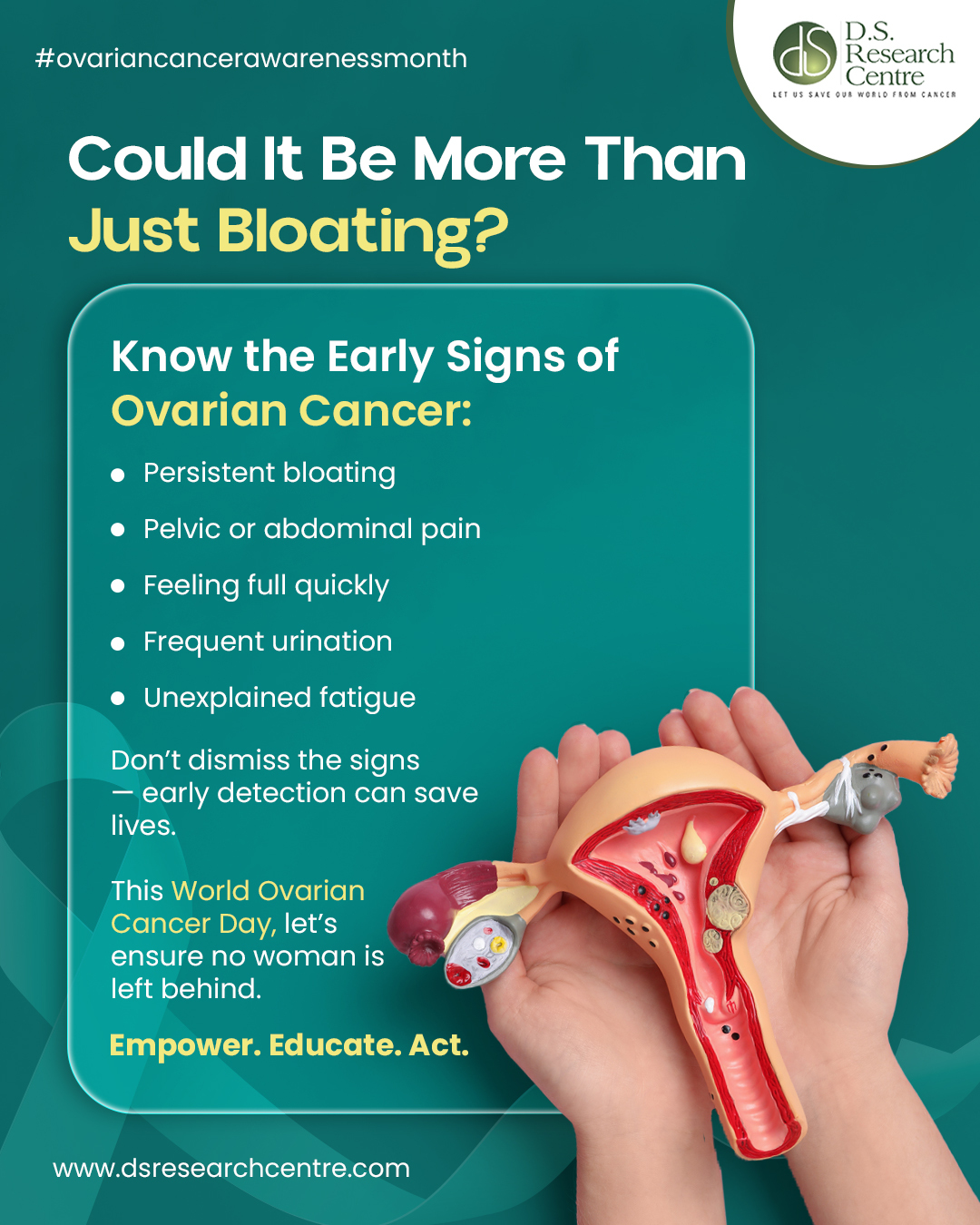- Home
-
About
For over 65 years, D. S. Research Center has been providing uncompromising and compassionate care to those affected by cancer. We are dedicated not only to treating the disease but also to nurturing the mind and spirit of our patients and their loved ones. At D. S. Research Center, we take pride in our history of providing caring support and services.
-
For Patient
At D. S. Research Center, we deal with cancer every day and therefore, we understand the immense value of life. We recognize that every patient's fight against cancer is unique to them, and we strive to provide the courage they need to overcome it. Putting the patient at the center of everything we do is a fundamental belief that we hold, as we believe in a patient-first approach to medicine.
-
Patient Experience
Our team is dedicated to providing you with focused, patient-centric care and achieving the best outcomes possible, through treatment, counseling, a cancer-centric diet plan, and follow-up care. By choosing our treatment, you can expect to see amazing results.
-
Community
A cancer diagnosis comes with many questions, chief among them “What are my options?” The answer to this important question can change drastically depending on who you turn to for care.








Posted on April 15, 2016
Posted on April 15, 2016